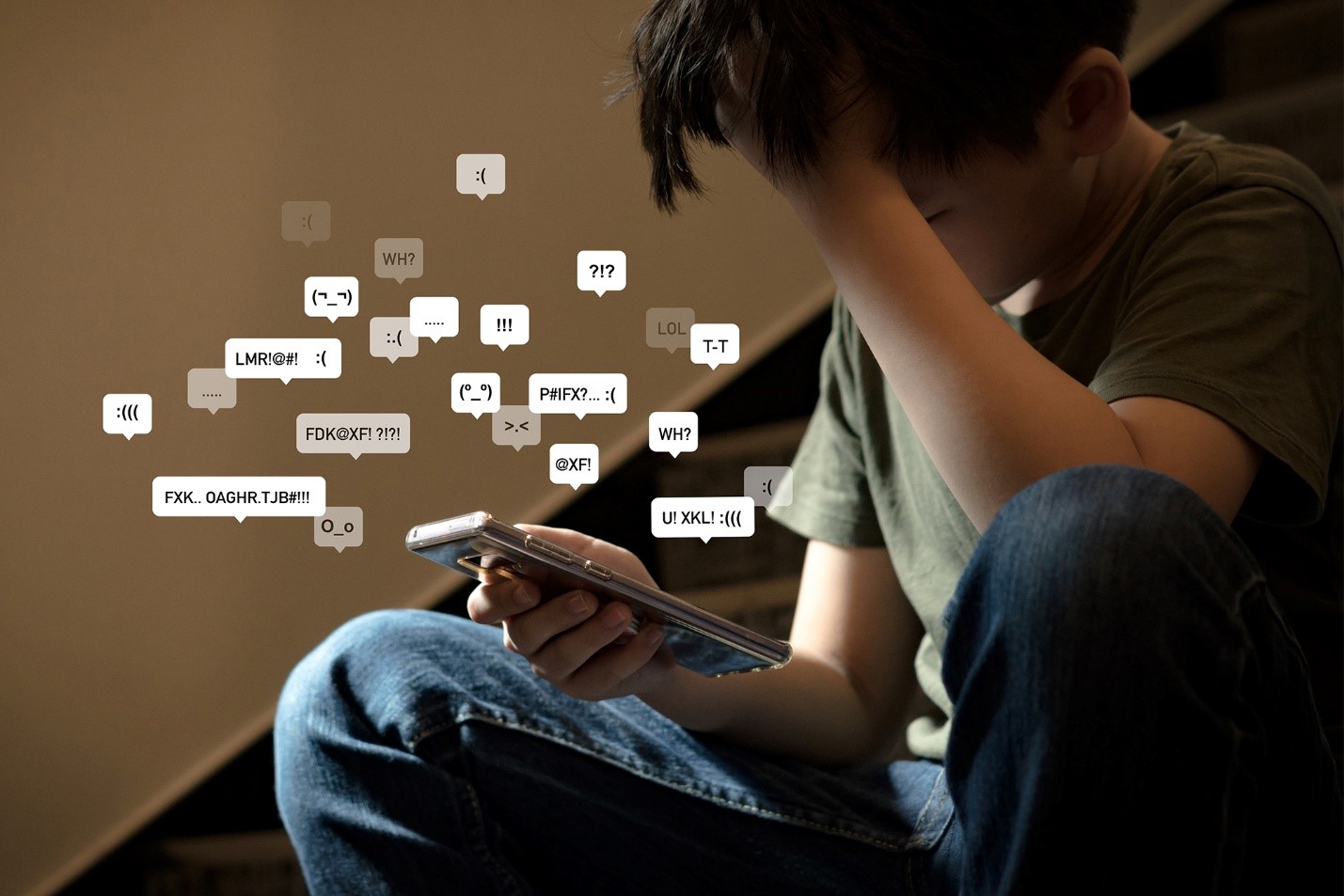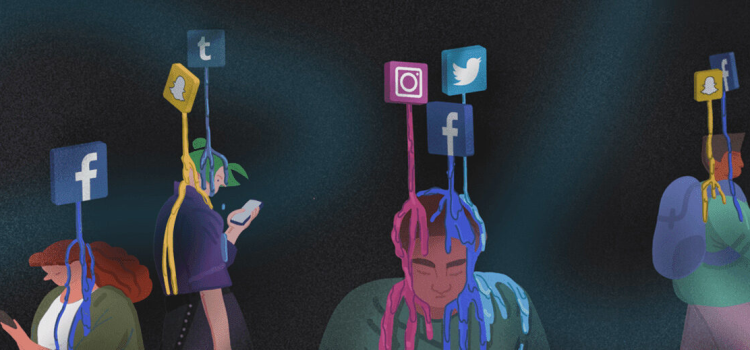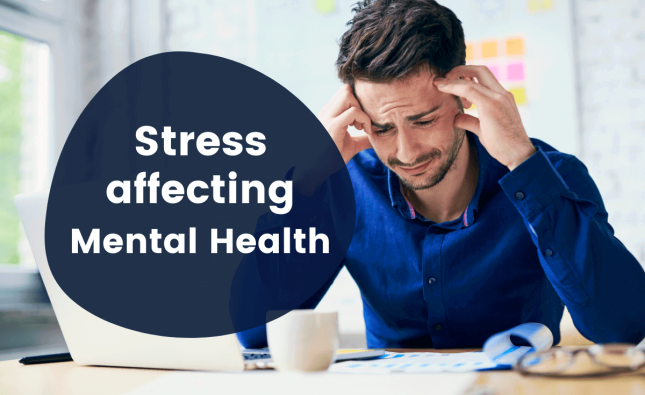
The Impact of Social Media on Health Behaviors
In recent years, social media has become an integral part of daily life for millions of people around the globe. Platforms such as Facebook, Instagram, Twitter, and TikTok have revolutionized the way we communicate, share information, and interact with one another.
While social media has facilitated unprecedented connectivity and information dissemination, its impact on health behaviors is a topic of growing interest and concern among researchers, healthcare professionals, and the general public. This article delves into the multifaceted effects of social media on health behaviors, exploring both its potential benefits and drawbacks.
The Influence of Social Media on Health Awareness and Education
One of the most significant positive impacts of social media on health behaviors is its role in health awareness and education. Social media platforms provide a space for healthcare organizations, professionals, and advocates to share valuable information about various health topics. From public health campaigns to personal health tips, social media can be a powerful tool for educating the public about important health issues.
For instance, during the COVID-19 pandemic, social media played a crucial role in disseminating information about the virus, preventive measures, and vaccination campaigns. Public health agencies utilized platforms like Twitter and Facebook to reach a wide audience quickly, providing timely updates and debunking misinformation. Similarly, social media influencers and content creators have also contributed to health education by sharing their personal experiences and promoting healthy behaviors.
The Role of Social Media in Health Promotion and Behavior Change
Beyond education, social media has the potential to promote positive health behaviors and facilitate behavior change. Health promotion campaigns on social media often leverage the power of social influence, peer support, and community engagement to encourage individuals to adopt healthier lifestyles. For example, fitness challenges, healthy eating initiatives, and mental health awareness campaigns have gained traction on platforms like Instagram and TikTok, motivating users to participate and make healthier choices.
Moreover, social media can serve as a platform for behavior change interventions. Digital health interventions that incorporate social media elements, such as online support groups or interactive health apps, have shown promise in helping individuals manage chronic conditions, quit smoking, or achieve weight loss goals. These interventions often benefit from the sense of community and accountability that social media provides, making it easier for individuals to stay motivated and committed to their health goals.
The Dark Side: Negative Impacts on Health Behaviors
Despite its potential benefits, social media also has several negative impacts on health behaviors. One of the most concerning issues is the spread of misinformation and health-related myths. The viral nature of social media content can lead to the rapid dissemination of false or misleading information, which can have serious consequences for public health. For example, misinformation about vaccines, alternative treatments, or fad diets can influence individuals to make harmful health decisions.
Another negative impact of social media on health behaviors is the promotion of unhealthy body image and lifestyle standards. Platforms like Instagram and TikTok are often criticized for perpetuating unrealistic beauty standards and promoting a culture of comparison. Exposure to idealized images and content can lead to body dissatisfaction, low self-esteem, and unhealthy behaviors such as disordered eating or excessive exercise. Studies have shown that prolonged exposure to such content is associated with an increased risk of developing eating disorders and other mental health issues.

The Impact on Mental Health
The relationship between social media use and mental health is complex and multifaceted. On one hand, social media can provide social support, foster connections, and offer a sense of belonging, which can positively impact mental well-being. Online communities and support groups can be particularly beneficial for individuals dealing with mental health challenges, providing a safe space to share experiences and seek advice.
On the other hand, excessive social media use has been linked to negative mental health outcomes, including anxiety, depression, and loneliness. The constant barrage of information, notifications, and social comparisons can contribute to feelings of stress and inadequacy. Additionally, cyberbullying and online harassment are significant concerns, particularly among adolescents and young adults. These negative experiences can have a profound impact on mental health and overall well-being.
Navigating the Influence of Social Media on Health Behaviors
Given the dual nature of social media’s impact on health behaviors, it is essential to navigate its influence thoughtfully and strategically. Here are some recommendations for individuals and healthcare professionals to harness the positive aspects of social media while mitigating its potential harms:
For Individuals:
- Be Critical of Information: Evaluate the credibility of health information on social media. Rely on reputable sources such as healthcare organizations, verified accounts, and evidence-based content.
- Limit Screen Time: Set boundaries for social media use to prevent excessive exposure and reduce the risk of negative mental health outcomes. Utilize features such as screen time trackers and app usage limits.
- Curate Your Feed: Follow accounts that promote positive health behaviors and provide reliable information. Unfollow or mute accounts that contribute to negative self-image or spread misinformation.
- Engage Positively: Use social media to connect with supportive communities, participate in health challenges, and share your own health journey in a constructive manner.
For Healthcare Professionals:
- Leverage Social Media for Health Education: Utilize social media platforms to share accurate health information, promote public health campaigns, and engage with the community.
- Address Misinformation: Actively counteract misinformation by providing evidence-based responses and directing individuals to credible sources.
- Promote Digital Literacy: Educate patients and the public about how to critically evaluate health information on social media and recognize reliable sources.
- Support Digital Health Interventions: Explore and recommend digital health interventions that incorporate social media elements to support behavior change and chronic disease management.
Conclusion
The impact of social media on health behaviors is a double-edged sword, offering both opportunities for health promotion and challenges related to misinformation and negative mental health outcomes. By approaching social media use with a critical and informed mindset, individuals can harness its potential benefits while minimizing its risks.
Healthcare professionals also play a crucial role in guiding the public towards positive health behaviors and addressing the challenges posed by social media. As social media continues to evolve, ongoing research and proactive strategies will be essential in optimizing its influence on health behaviors for the betterment of public health.










